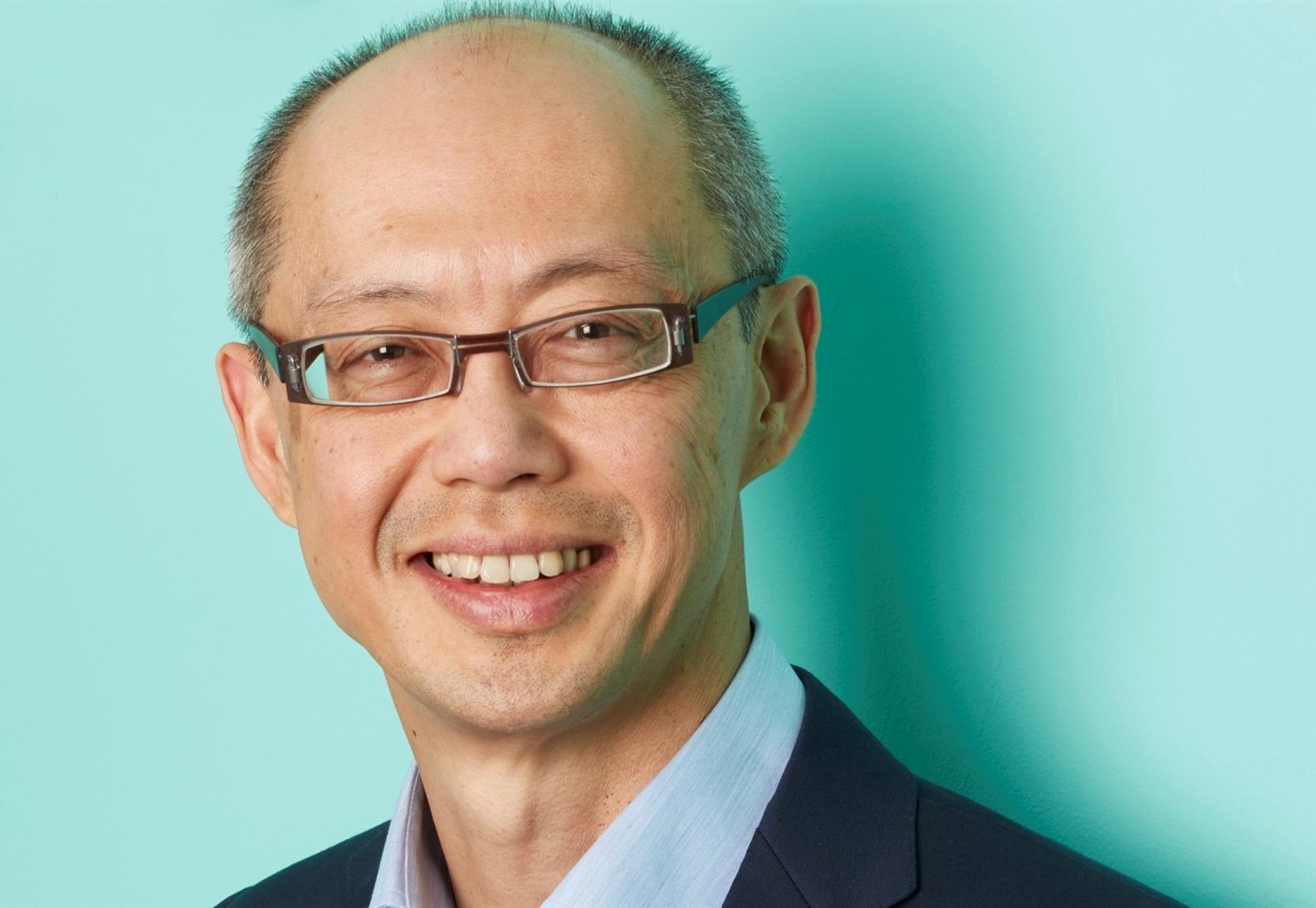UK medical and scientific research is a global success story, encompassing Nobel prize-winning breakthroughs, novel drug discoveries and world-leading scientific institutes and treatment centres. But it is clear from an RCP survey of physicians that there are still pockets of the UK health system relatively untouched by this success. Doctors struggle to get involved in research at a local or national level, and a set of barriers stand in the way of participation. We need a step-change at national and local level in the way we view research – to stop seeing it as an optional add-on and start seeing it as an integral part of every medical career because research activity is associated with improved patient outcomes.
Clinical research has played a vital role in the response to Covid-19, including the signature RECOVERY trial, as multi-disciplinary teams recruited record numbers of patients, even in hospitals with traditionally low participation in research. There has never been a better time for Trusts to build on the enthusiasm shown by clinicians and engage them in research long term for patient benefit. This must be part of “building back better” as clinical research has a huge role to play in improving patient care in many areas beyond this coronavirus.
Our survey of over 1100 physicians found that they have a very positive attitude towards participating in research, with almost 60% wanting to be more involved. However, the results show that many struggle to do so, with over half (53%) citing a lack of time as the primary factor. Funding, a perceived lack of skills and supportive culture in their organisation were other key challenges.
Disappointingly, these are similar findings to the RCP’s 2015 survey, showing that we still have a long way to go in harnessing the untapped enthusiasm and commitment of physicians to undertake research in our hospitals. The new survey also uncovered specific barriers for women, BAME and rural clinicians.
Women doctors and research
Women are 12% more likely than men to report not participating in research, alongside a strong desire to become more involved. The reasons for this are complex and partly relate to the impact of less than full-time (LTFT) working and women’s own perceived lack of knowledge or skills. Those working less than full time are 11% less likely to be employed in research roles and women are 17% more likely to be LTFT. This may go some way to explaining why 8% fewer women report being formally employed in research roles than men. However, even in those working LTFT, there is still a persistent gender gap in participation, with 14% of women involved but not formally employed, compared to 23% of men.
BAME doctors and research
There is a 13% gap between those who are formally employed in research roles, with 16% of BAME respondents in those roles compared to 29% of white physicians. Overall, there is a difference in overall participation - 5% lower for BAME respondents. Although still by far the most important barrier, time is a less important barrier for BAME physicians than white physicians. BAME respondents also reported the lack of a research culture in trusts and a perceived lack of skills as more significant barriers than white respondents.
Rural doctors and research
Just 7% of respondents from rural hospitals were formally employed in a research role, compared to 20% in urban hospitals. However, 40% of clinicians in rural hospitals reported an interest in research although they were not involved, compared to 28% from urban hospitals, representing untapped research potential.
Developing, delivering and driving better research – a new research strategy
Responding to the survey, the RCP has produced a new research strategy Research for all: Developing, delivering and driving better research. The strategy analyses the areas for further investigation of these inequalities and barriers and makes practical recommendations to begin addressing them immediately. The strategy underlines the need for support to be signalled clearly from NHS leaders and pulled through into concrete action at all levels.
We need dedicated funding for research, especially in rural areas and for NHS Trusts to provide more time for physicians to become involved. This also fits the desire of the Chief Medical Officer to match research activity to areas of disease burden, which are often rural/coastal areas. Over two-thirds (67%) of respondents in our survey said that having dedicated time for research would make them more likely to apply for a role - a stronger commitment at board level to supporting R&D departments would help, as would better publicised research-focused mentoring schemes.
The RCP itself intends to work with trusts to support more research activity – including the development of a clinician researcher credential and working in partnerships to model/pilot ways for trusts to protect time for research. We will support new ways for physicians to generate research by promoting opportunities to grow and translate evidence with partners in the health and innovation sectors; building alliances to jointly tackle existing and urgent health and care challenges, such as health inequalities and multiple conditions; and sharing learning and best practice with NHS trusts on integrating research and clinical care.
In these ways, we can begin to put in place the support mechanisms that will reduce the inequalities in access to research and enable keen physicians to play a greater part in research that benefits patient care. The RCP is fully committed to bringing about this step-change in our research story.



















